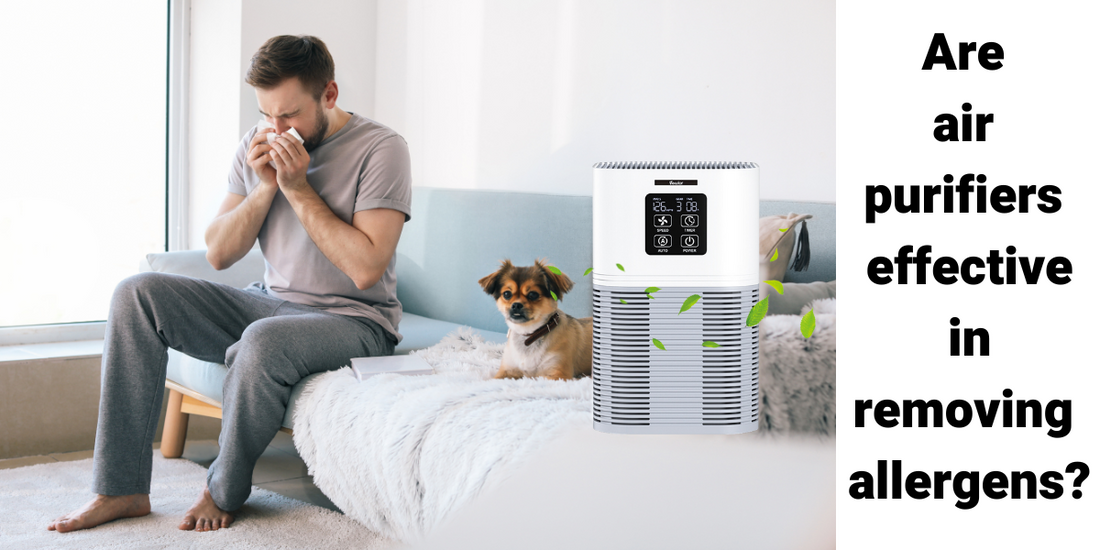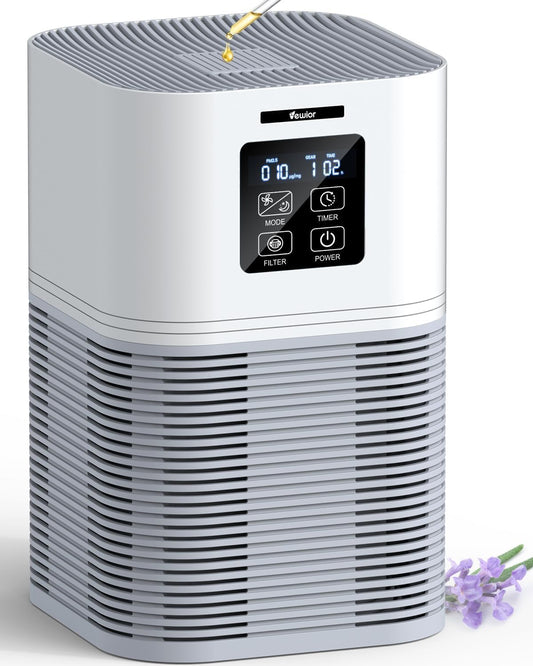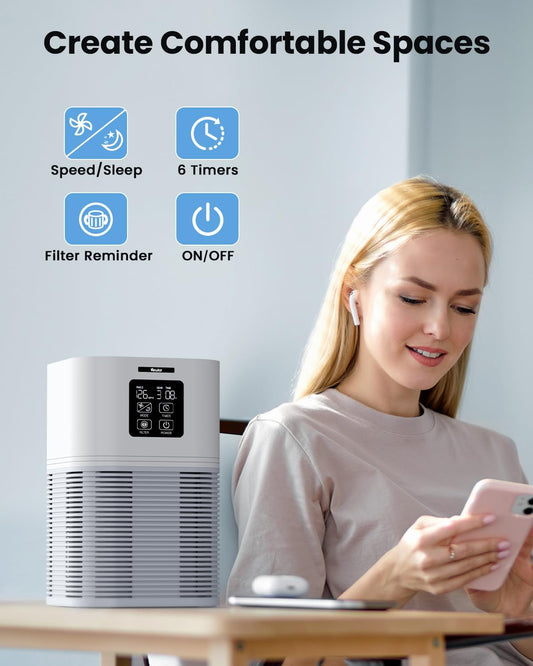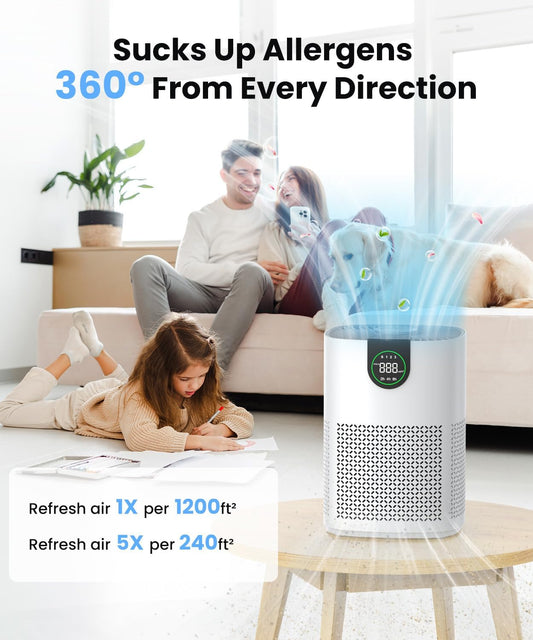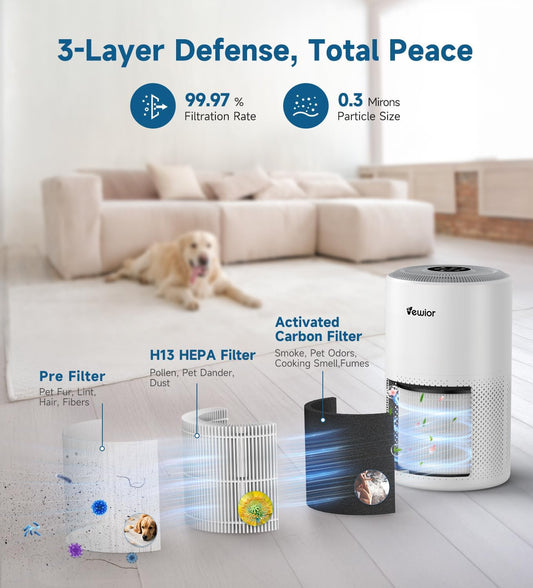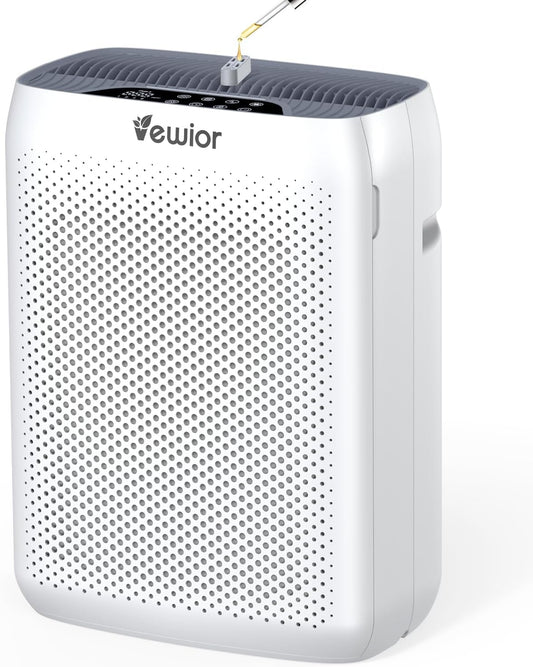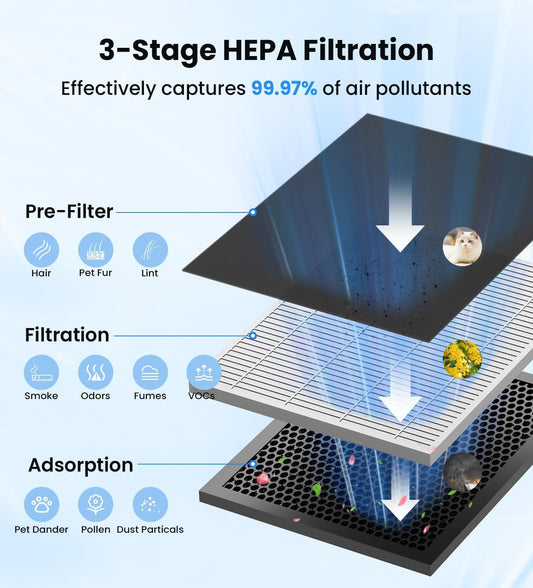Allergies can be a constant source of discomfort for many individuals. As a result, people often turn to air purifiers as a potential solution to alleviate their symptoms. However, the question remains: Are air purifiers truly effective in removing allergens from indoor spaces? In this article, we will delve into the effectiveness of air purifiers in combating allergens, examining their mechanisms, types of filters, and other relevant factors. By understanding the capabilities of air purifiers, you can make an informed decision about incorporating them into your allergy management strategy.
Understanding Allergens and Allergies
Before assessing the effectiveness of air purifiers, it is crucial to understand allergens and the role they play in triggering allergies. Allergens are substances that induce allergic reactions in sensitive individuals. Common allergens include dust mites, pollen, pet dander, mold spores, and certain airborne particles. Allergic reactions can manifest as sneezing, coughing, itching, and congestion, which can significantly impact an individual's quality of life.
How Air Purifiers Work to Remove Allergens
Air purifiers are designed to improve indoor air quality by capturing and removing various airborne particles, including allergens. They achieve this through a combination of filtration methods and other purification technologies. The most effective air purifiers employ High-Efficiency Particulate Air (HEPA) filters, which can capture microscopic particles as small as 0.3 microns with an efficiency of 99.97%.
The Power of HEPA Filters
HEPA filters are the gold standard when it comes to air purification. They work by forcing air through a dense web of fibers, effectively trapping particles and allergens as the air passes through. This makes them highly effective in removing common allergens like dust mites, pollen, pet dander, and mold spores. However, it's important to note that HEPA filters are not effective against gases, odors, or volatile organic compounds (VOCs).
Different Types of Air Purifiers
While HEPA filters are widely recognized as the most effective for allergen removal, it is essential to understand that there are different types of air purifiers available in the market. Some common types include:
- HEPA Air Purifiers: These are equipped with HEPA filters and are highly efficient in removing allergens.
- Activated Carbon Air Purifiers: These purifiers utilize activated carbon filters to remove odors, gases, and VOCs, but they may have limited effectiveness in removing allergens.
- UV-C Air Purifiers: These purifiers incorporate ultraviolet light to neutralize airborne pathogens like bacteria and viruses, but their effectiveness in removing allergens alone is limited.
Choosing the Right Air Purifier for Allergen Removal
To ensure the effective removal of allergens, it is crucial to select the right air purifier. Consider the following factors:
- HEPA Filter: Look for air purifiers with true HEPA filters to ensure optimal allergen removal.
- Air Changes per Hour (ACH): A higher ACH rating indicates that the air purifier can filter the air in the room more frequently, leading to better allergen removal.
- Room Size Coverage: Choose an air purifier that is suitable for the size of your room to ensure effective purification.
- Maintenance and Filter Replacement: Regularly clean and replace filters as recommended by the manufacturer to maintain the purifier's effectiveness.
Conclusion
Air purifiers equipped with HEPA filters have proven to be highly effective in removing common allergens from indoor environments. They can significantly reduce airborne particles such as dust mites, pollen, pet dander, and mold spores, helping to alleviate allergy symptoms for sensitive individuals. The dense fibers of HEPA filters capture these microscopic particles with an impressive efficiency of 99.97%. Invest in an air purifier that suits your specific needs and enjoy the benefits of improved indoor air quality and reduced allergy symptoms.

